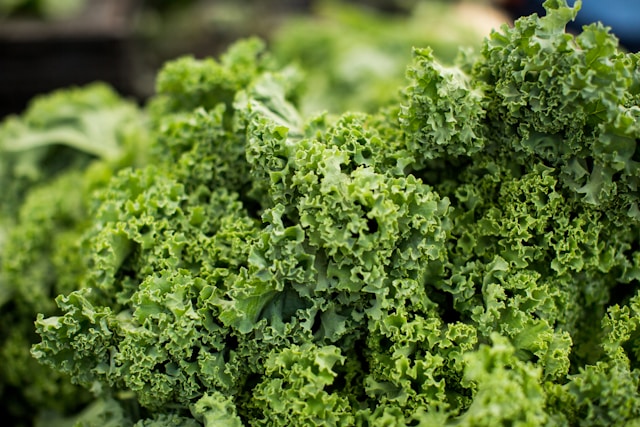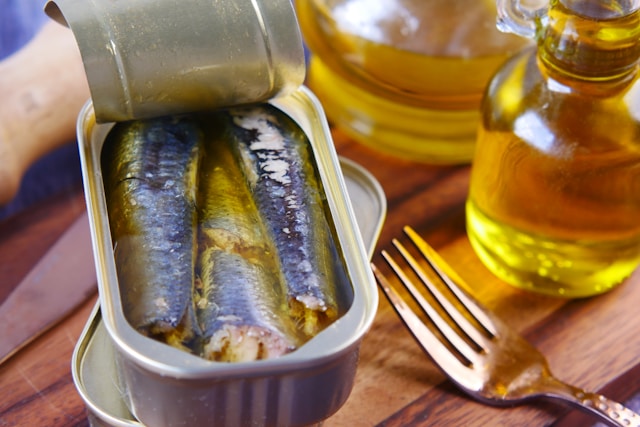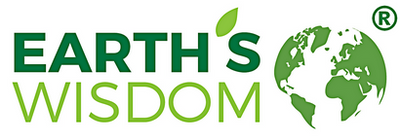Non-HDL Cholesterol – Things You Should Know
October 02, 2019
When it comes to cholesterol, some people understand that LDL is bad cholesterol while HDL is a good one. But most of the people are confused just because the matter doesn’t end on these two types, but even extends up to VLDL cholesterol and now there is non-HDL cholesterol too to add to the confusion. Earth’s Wisdom today wants to inform our readers about the non-HDL cholesterol.
As mentioned above, there exists a good cholesterol too i.e. HDL. The fact is that your body needs at least some cholesterol so as to function properly. However, it should not be too much, especially the bad fellow, LDL.
Non-HDL cholesterol is a manner of measuring the amount of bad kinds of cholesterol in your body. With this measurement, your doctor can evaluate your risk for heart disease.
Difference between Non-HDL and other Types of Cholesterol
Your cholesterol levels are measured by a blood test known as a lipid panel. It shows you your total cholesterol. But this is not much of use; so, it’s divided into the following:
- Low-density lipoprotein (LDL)
- High-density lipoprotein (HDL)
- Triglycerides
- Non-HDL cholesterol
- Let’s take a look at each of these.
LDL Cholesterol
LDL cholesterol is “bad” cholesterol because if it’s too much in the body, it can block your arteries and restrict the blood flow. This can then cause a heart attack or stroke.
HDL Cholesterol
This is commonly known as ‘good’ cholesterol because it carries non-HDL cholesterol to the liver through the blood. Liver then removes bad cholesterol from the body. Due to this, you are saved from plaque buildup in your arteries. It should be remembered that having HDL naturally present in high amounts is beneficial. Studies on medications like niacin which is designed to increase your HDL have shown them to be useless for preventing heart attacks.
Triglycerides
These are a type of fat that you get from food. Surplus triglycerides can build up in the body when you consume more calories than you burn. High triglyceride levels in the blood are related to heart disease.
Another factor named VLDL i.e. very-low-density lipoprotein is also present which comes from the liver. This is not included in your report because it cannot be measured accurately. It’s usually calculated as a percentage of triglyceride amounts. It’s important since VLDL carries triglycerides. In the long run, VLDL can convert into LDL cholesterol.
Non-HDL Cholesterol
As apparent by the name, non-HDL cholesterol, is primarily deduction of your HDL cholesterol number from your total cholesterol number. Thus, it consists of all the “bad” types of cholesterol. So, you should try to lower this number.
Normal Range of Non-HDL Cholesterol
The higher your non-HDL cholesterol, the higher will be your risk of heart disease.
So, it’s clear that bad cholesterol comprises of LDL cholesterol and triglycerides. This is how they should be:
Top of Form
Bottom of Form
LDL cholesterol:
- Optimal: less than 100 mg/dL
- Above optimal/borderline high: between 100 and 129 mg/dL
- Mildly high: 130 to 159 mg/dL
- High: 160 to 189 mg/dL
- Very high: 190 mg/dL or above
Triglyceride:
- Optimal: less than 100 mg/dL
- Borderline high: 100 to 149 mg/dL
- High: 150 to 499 mg/dL
- Very high: higher than 500 mg/dL
These, in total, form your non-HDL cholesterol levels.
And HDL cholesterol levels should be:
- Optimal (may reduce your risk of heart disease): 60 mg/dL or above
- Low (may increase your risk of heart disease): 40 mg/dL or lower
What if Non-HDL Cholesterol is High?
If your non-HDL cholesterol is high, you have higher risk of atherosclerosis, i.e. narrowing of arteries. It also increases your risk of chest pain, heart disease, heart attack and stroke.
This risk increases further if you:
- Are a smoker
- Are obese
- Have diabetes
- Have kidney disease
- Have high blood pressure
How to Reduce Non-HDL Cholesterol?
All the required cholesterol is provide to you by the liver. It’s also provided by foods like poultry, dairy products, meat and saturated oils. These foods in turn also prompt liver to make more cholesterol.
To reduce overall cholesterol, you should reduce intake of saturated fats. Thus, you have to reduce fatty meats and full-fat dairy products.
You should also avoid trans fats which you can see as partially hydrogenated vegetable oil in the list of ingredients.
Foods that can improve LDL cholesterol and triglyceride levels are:
Almond, apples, pears, avocados, oatmeal, Brussels sprouts, kidney beans, fish like herring, mackerel, trout, salmon and tuna, canola oil, flaxseeds oil and walnuts.
Also you should:
- Exercise regularly
- Avoid smoking
- Limit alcohol
Conclusion
In conclusion, non-HDL cholesterol is an important marker of cardiovascular health that should not be ignored. While LDL cholesterol has traditionally been viewed as the most important measure of cholesterol, non-HDL cholesterol provides a more comprehensive assessment of all of the harmful lipoproteins in the bloodstream.
Research has consistently shown that elevated non-HDL cholesterol levels are associated with an increased risk of heart disease and stroke. Fortunately, there are several steps that can be taken to reduce bad cholesterol, including eating a healthy diet, exercising regularly, quitting smoking, and taking medications if necessary.
It is important to note that non-HDL cholesterol is just one piece of the puzzle when it comes to cardiovascular health. Other factors, such as blood pressure, blood sugar, and inflammation, also play a significant role in the development of heart disease and stroke. Therefore, it is important to take a comprehensive approach to managing cardiovascular risk by addressing all of these factors.
In summary, if you have been diagnosed with high cholesterol, it is essential that you work with your healthcare provider to monitor your bad cholesterol levels and take steps to reduce your overall cardiovascular risk. With the right lifestyle changes and medications, it is possible to improve your cholesterol levels and protect your heart health.
Have you started planning to reduce your non-HDL cholesterol?
Leave a comment
Comments will be approved before showing up.
Also in Wisdom News

The Importance of Vitamin K2: Unlocking its Role in Health and Wellness
September 22, 2024

The Importance of Omega-3 Fatty Acids: A Comprehensive Review of Their Effects on the Body
August 02, 2024

The Benefits of Mindfulness Meditation for Mental Health
July 12, 2024
Disclaimer: These statements have not been evaluated by the FDA. These products are not intended to diagnose, treat, cure or prevent any disease.
© 2026 Earth's Wisdom®. All Rights Reserved.




